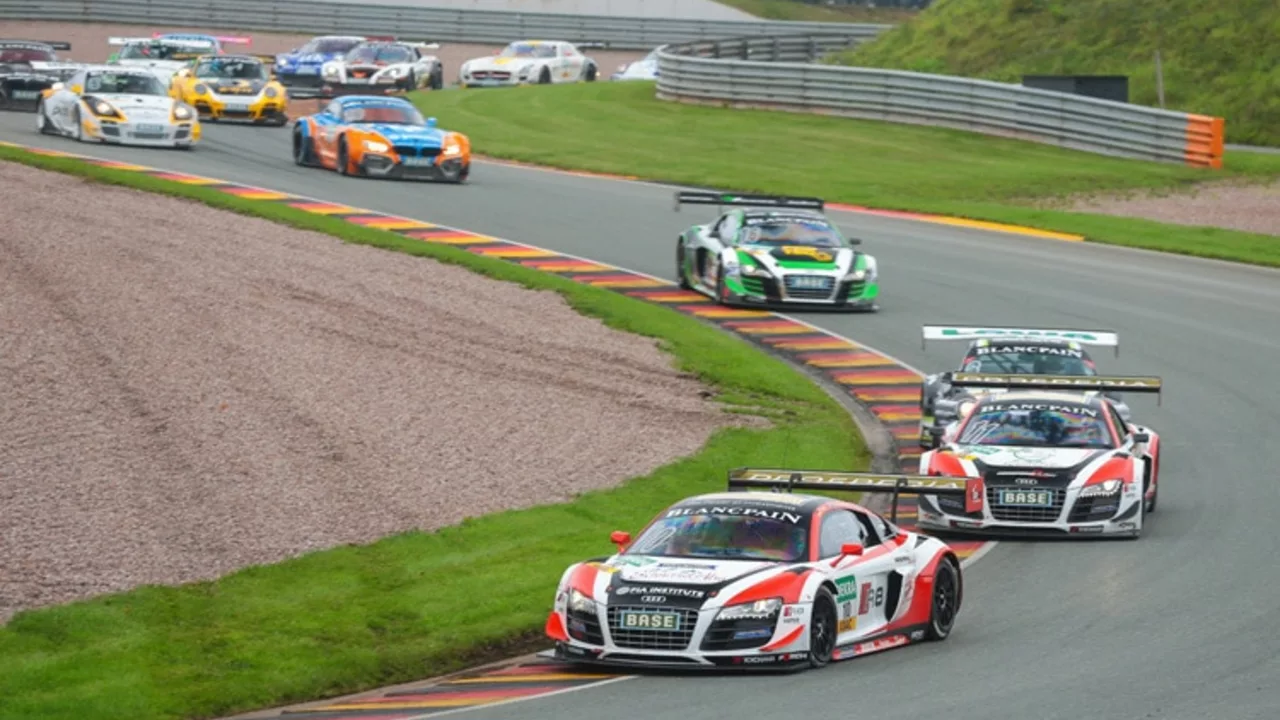Sports Regulations: Why Motor Sports Get Banned & How Rules Keep Fans Safe
Ever wonder why you can’t hear the roar of a V8 in some countries? The answer lies in a mix of safety worries, noise limits, and local politics. In this guide we break down the biggest reasons motor sports get banned, with a deep dive into Switzerland’s famous ban and what it means for the rest of the world.
What Triggers a Ban? Safety and Noise Are the Usual Suspects
When a tragic accident happens, lawmakers act fast. The most common trigger is a high‑profile crash that kills spectators or drivers. Once the public sees the horror, pressure builds for stricter rules. Governments then weigh the sport’s economic boost against the risk of more incidents. If the risk looks too high, they pull the plug.
Noise is another big factor. Modern race cars can easily hit 130 dB, which is louder than a jet taking off. Residents near tracks complain about sleep loss, hearing damage, and lowered property values. Some countries set strict decibel limits; if a series can’t meet them, it’s forced off the schedule.
Switzerland’s Motor Sport Ban: A Case Study
Switzerland’s ban started in 1955 after the Le Mans disaster that killed 83 fans. The Swiss parliament passed a law that prohibited all motor sports on public roads and tracks. The goal was simple: prevent another tragedy on Swiss soil. Even though the ban covered everything from rallying to circuit racing, an exemption was later added for electric‑only events, which are quieter and emit no exhaust.
The ban has survived every attempt at repeal. Why? Swiss officials argue that the country’s dense population and strong environmental standards make traditional motor sports a poor fit. They also point out that electric racing can still bring fans and revenue without the same safety and noise concerns.
Other nations have looked at Switzerland’s model when debating their own rules. If a country has a high‑density urban core, lawmakers often cite the Swiss example to justify stricter limits on loud, high‑speed events.
But it’s not all doom and gloom. The electric exception shows how regulations can evolve. Series like Formula E and the electric MotoE class have started to pop up in Swiss cities, proving that you can keep the excitement while respecting safety and noise rules.
So what can fans and promoters do? First, understand the local laws before planning an event. Second, push for greener, quieter technology—electric and hybrid powertrains are the future and often get a regulatory pass where gasoline engines don’t.
In short, motor sports bans aren’t random—they stem from genuine concerns. Knowing the why helps you navigate the rules, support safer races, and maybe even influence the next wave of regulation‑friendly racing.
Why are so many motor sports banned in Switzerland?
Motor sports are largely banned in Switzerland due to a law passed in 1955 following a tragic accident at Le Mans that killed 83 spectators. The Swiss government enacted this law to prevent such accidents from happening on their soil. Since then, only electric motor sports have been allowed, with a few other exceptions. Despite many attempts to overturn this ban, it has remained largely in place due to concerns about safety and noise pollution. It's a unique situation that reflects Switzerland's cautious approach to public safety.
